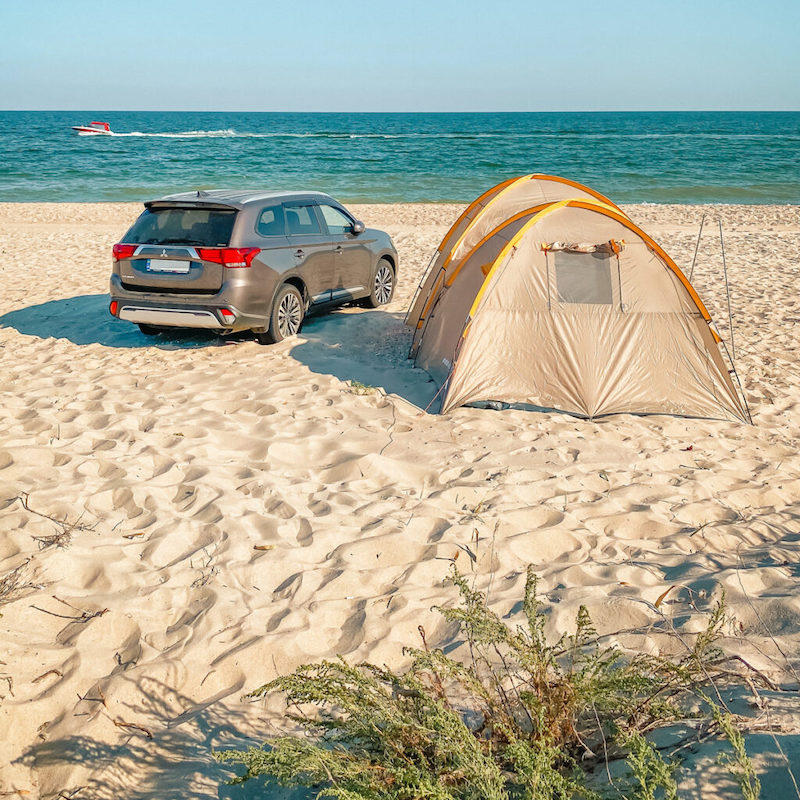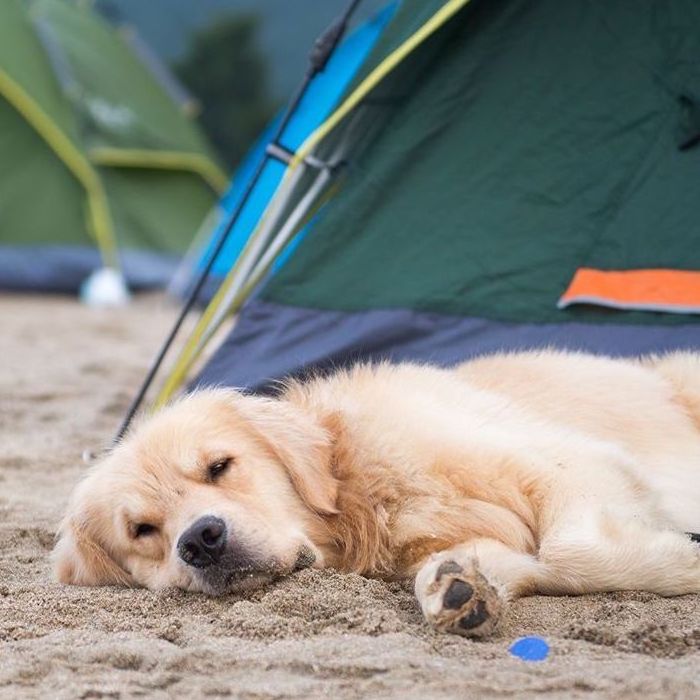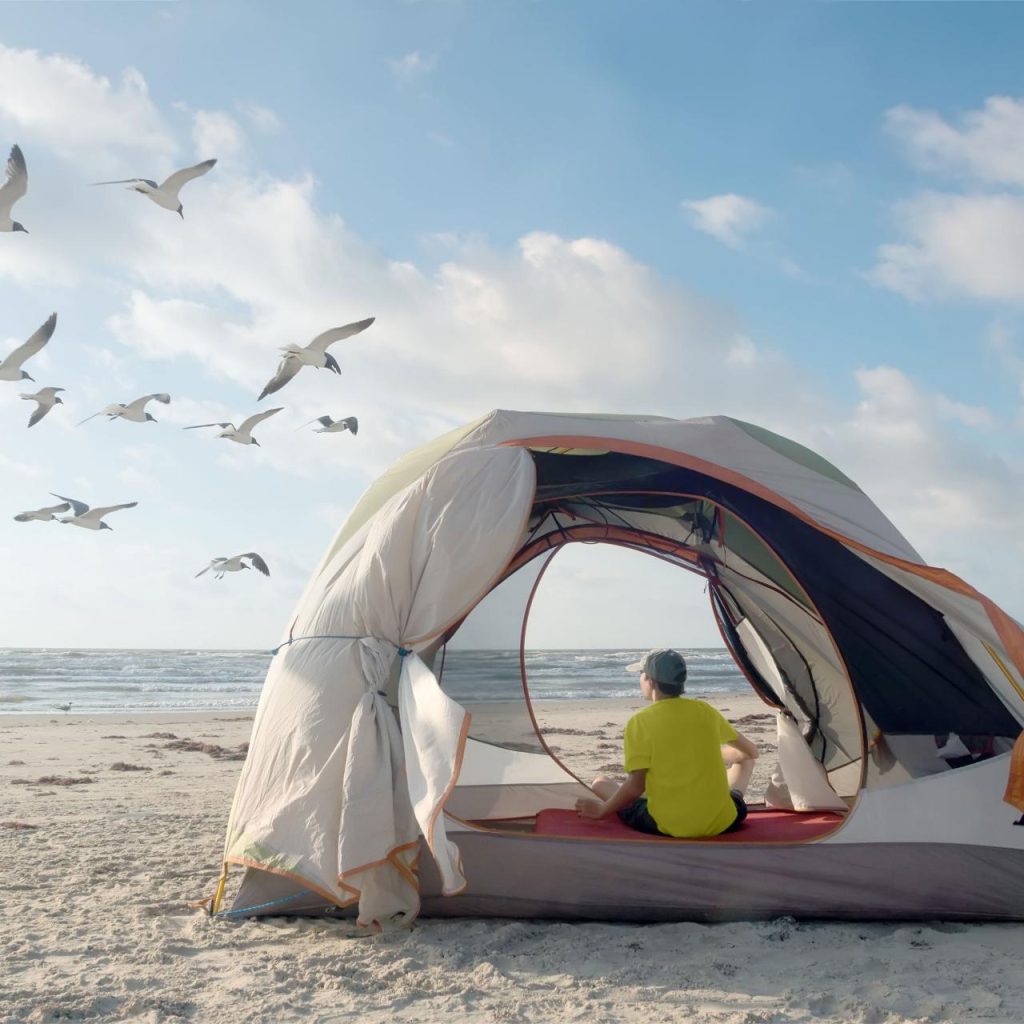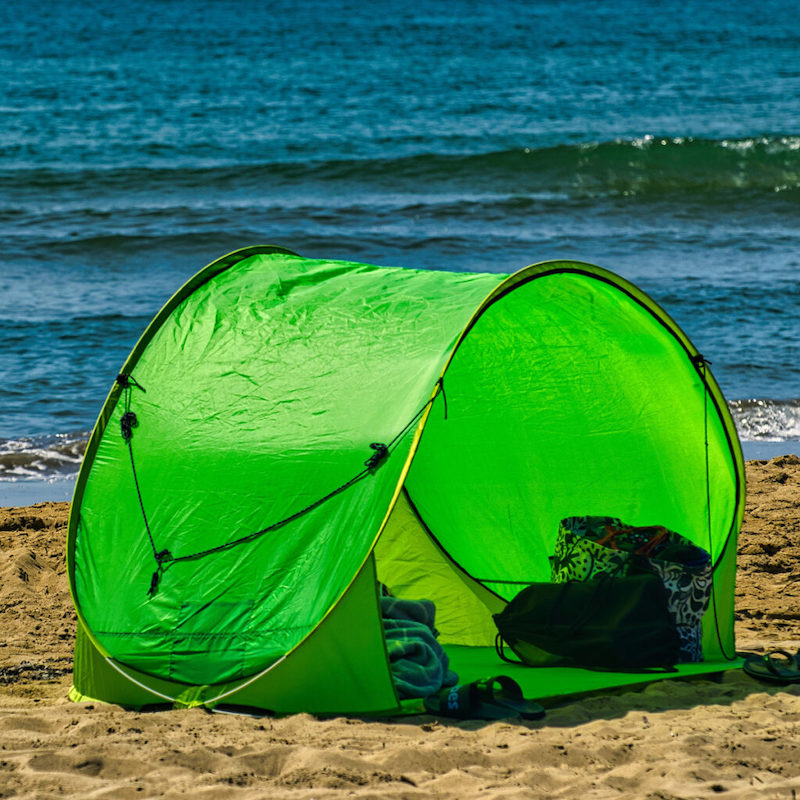Introduction
Beach camping offers the perfect opportunity to connect with nature, relax by the ocean, and enjoy a serene camping experience. Whether you’re a seasoned camper or a first-timer, there are a few key things to keep in mind when planning a beach camping trip. From choosing the right location to packing the essentials, this guide will cover everything you need to know for a successful and enjoyable beach camping adventure.
Part 1: Choosing the Right Location
Level 1: Researching the Best Beach Campgrounds
When selecting a beach for camping, it’s essential to consider the facilities and amenities available. Many beach campgrounds offer designated camping areas, picnic tables, restrooms, and sometimes even showers. It’s also important to check if the beach allows for beach camping and if any permits are needed. Additionally, researching the local area can provide insight into nearby attractions, activities, and potential hazards to be aware of.
Level 2: Factors to Consider When Choosing a Beach Campground
When choosing a beach campground, there are several factors to consider, including the proximity to the water, available shade, accessibility, and the level of seclusion. A beach with calm waters may be more suitable for swimming and water activities, while a more secluded beach can offer a peaceful and private camping experience. It’s also important to consider the weather and potential tidal changes, as well as any rules or regulations that may apply to camping on the beach.
Part 2: Essential Gear and Supplies
Level 1: Packing the Basics for Beach Camping
When preparing for a beach camping trip, it’s crucial to pack the essentials. This includes a sturdy tent, sleeping bags, a first aid kit, food and water, cooking supplies, and appropriate clothing for various weather conditions. It’s important to pack light and efficiently, as beach camping may involve carrying gear across sandy terrain and navigating through potentially challenging environments.
Level 2: Must-Have Beach Camping Gear
In addition to the basics, there are several specific items that are essential for beach camping. This may include beach chairs, umbrellas, and sunshades to provide relief from the sun, as well as beach towels, sunscreen, and insect repellent. Water shoes or sandals are also important for navigating the beach terrain, and a portable grill or camp stove can provide opportunities for beachside cooking. Additionally, a beach cart or dolly can be helpful for transporting gear across the sand.
Part 3: Setting Up Camp
Level 1: Tips for Setting Up a Beach Campsite
When setting up a beach campsite, it’s important to find a level and dry area to pitch the tent. Digging a shallow trench around the tent can help prevent water from pooling during high tide or rain. It’s also important to secure the tent with stakes or sand anchors to prevent it from being blown away by strong winds. Additionally, setting up a shaded area for relaxation and cooking can provide relief from the sun and create a comfortable outdoor living space.
Level 2: Safety Considerations for Beach Camping
Beach camping presents unique safety considerations, including potential hazards such as strong currents, marine life, and extreme weather. It’s important to be aware of the tide schedule and ensure that the campsite is located above the high tide line. Swimmers should be cautious of rip currents and constantly monitor changing water conditions. It’s also important to securely store food and trash to prevent attracting wildlife, and to be mindful of potential beach erosion and changing landscape.
Part 4: Beach Activities and Recreation
Level 1: Water-Based Activities
One of the main attractions of beach camping is the opportunity to enjoy a variety of water-based activities. This may include swimming, snorkeling, kayaking, and paddleboarding. Many beach campgrounds also offer opportunities for fishing and boating, providing ample opportunities for outdoor recreation and relaxation by the water.
Level 2: Land-Based Activities
In addition to water-based activities, camping offers plenty of opportunities for land-based recreation. Hiking along the coast, exploring nearby trails, and birdwatching are popular activities for beach campers. Some beach campgrounds also provide access to nearby attractions such as wildlife reserves, historical sites, and cultural landmarks, offering a diverse range of experiences for campers to enjoy.
Part 5: Leave No Trace Principles
Level 1: The Importance of Leave No Trace
When camping on the beach, it’s crucial to practice Leave No Trace principles to minimize the environmental impact and preserve the natural beauty of the coastline. This includes packing out all trash and waste, avoiding disturbing wildlife and natural habitats, and minimizing the use of campfires and other resources that may have a lasting impact on the environment.
Level 2: Responsible Beach Camping Practices
Responsible camping practices involve respecting the natural environment and minimizing the impact on the delicate coastal ecosystem. This may include using biodegradable toiletries, respecting wildlife and marine life, and adhering to any specific regulations or guidelines provided by the beach campground. Additionally, educating fellow campers about Leave No Trace principles can help promote a culture of environmental stewardship and sustainability within the camping community.
Part 6: Beach Camping Safety
Level 1: General Safety Tips
- When setting up your campsite, be mindful of the tide and potential high water marks. Choose a spot above the high tide line to avoid flooding.
- Always check the weather forecast before your camping trip. Sudden storms and high tides can pose significant safety risks.
Level 2: Water Safety
- While beach camping, take caution when swimming or participating in water sports. Always heed warning signs and flags placed by lifeguards.
- Be mindful of strong currents and rip tides when swimming in the ocean. Stay close to shore and never swim alone.
Part 7: Beach Camping Activities
Level 1: Water Activities
- One of the main attractions of beach camping is the opportunity for various water activities such as swimming, snorkeling, surfing, and paddleboarding.
- Many beaches also offer the chance for fishing, whether it’s casting your line from the shore or heading out on a boat.
Level 2: Land Activities
- Camping provides excellent opportunities for activities like beach volleyball, sandcastle building, and Frisbee throwing.
- Some beaches also have trails for hiking or biking, allowing you to explore the natural surroundings and enjoy scenic views.
Part 8: Beach Camping Etiquette
Level 1: Leave No Trace
- Practice Leave No Trace principles by properly disposing of waste and minimizing your impact on the environment. Pack out all trash and leave the beach cleaner than you found it.
- Avoid disturbing wildlife and their habitats by observing from a distance and refraining from feeding or approaching animals.
Level 2: Respect Quiet Hours
- Many beach campgrounds have designated quiet hours during the early morning and late evening. Respect these hours to ensure a peaceful experience for all campers.
- Be mindful of your noise level during the day, keeping in mind that others may be seeking a peaceful beach experience.
Conclusion
Beach camping often offers breathtaking views, especially at dawn and dusk. The sight of the sun sinking into the horizon, painting the sky with vibrant colors, is a sight to behold. Many beach campgrounds offer unobstructed views of the ocean, allowing campers to witness the beauty of nature at its best.
Beach camping offers a unique and memorable outdoor experience, providing the opportunity to connect with nature, relax by the ocean, and enjoy a range of recreational activities. By choosing the right location, packing the essentials, setting up camp responsibly, and practicing Leave No Trace principles, campers can ensure a safe, enjoyable, and environmentally conscious camping adventure. Whether you’re looking for a peaceful retreat or an active outdoor getaway, beach camping provides the perfect setting for an unforgettable camping experience.



